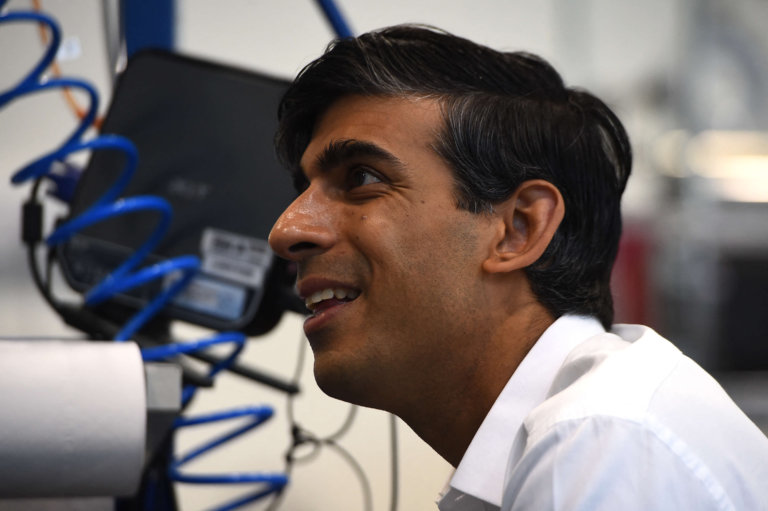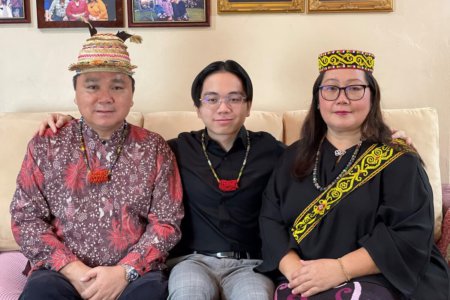
What is an Erasmus Mundus Master in Quality in Analytical Laboratories (EMQAL)? In short, it’s a high-level study programme that leads to a dual master’s degree undertaken in at least two European universities.
It is aimed at laboratory managers and scientists who want to manage quality systems or want to work in a top-tier environment in accredited laboratories. Students can apply to get funding from Erasmus Mundus under this 24-month programme that equals 120 European Credit Transfer and Accumulation System (ECTS).
Eight unis offer the EMQAL. They are:
- University of Bergen (Norway)
- University of Algarve (Portugal)
- University of Barcelona (Spain)
- University of Cadiz (Spain)
- Gdansk University of Technology (Poland)
- Central South University (China)
- University of São Paulo (Brazil)
- Novosibirsk State University (Russia)
The first 12 months consists of 30 theoretical and practical modules at one of these unis. The second year focuses on a research project and a three-month internship at an accredited laboratory.
The quality in analytical laboratories plays a key role in all aspects of modern society — if medicine wasn’t studied rigorously down to its core and components, how do we know it’s safe to consume? Such studies provide the basis to make important decisions for large communities all over the world.
An EMQAL gives you the knowledge, skills and experience to be an expert in this field. Below, we take a look at how to apply and what graduates are doing:
How to apply for EMQAL
Much like applying to any other master’s programme, you must upload PDF documents which includes your diplomas, grades, transcript, and language certificate) here.
Along with these documents you need to fill in the form on the application website with all your contact information, including your referees (minimum of two). There is also a space for submitting your information on your previous degree since this is a master’s programme.
Your personal statement — a maximum of 2,500 characters — gives you a chance to show the Selection Committee your aspirations, interests, talents, and experience, whether it’s professional, academic, or personal.
Don’t get this confused with your motivation statement (also 2,500 characters). The latter focuses on why you’re applying for the EMQAL. This should cover your academic interests, what specifically drew you to the programme, and why you want to study this in Europe.
Last but not least, you must show your proficiency in the English language either through your diplomas, certificates, or tests like the TOEFL or IELTS. EMQAL is taught in English.
EMQAL graduates
Glauce Pereira, the first Brazilian selected to participate in the EMQAL programme, obtained her degree from the University of Algarve and the University of Barcelona. Now, she’s the founder and CEO of How To Lab — offering solutions for laboratory accreditations.
Another successful EMQAL grad is Enoch Cobbina from Ghana. He got his master’s in analytical chemistry from the University of Algarve and Gdansk University of Technology. Not only did he go on to get his PhD at the University of Rhode Island but he also went on to be a lecturer and is currently a senior research investigator for a pharmaceutical company.










